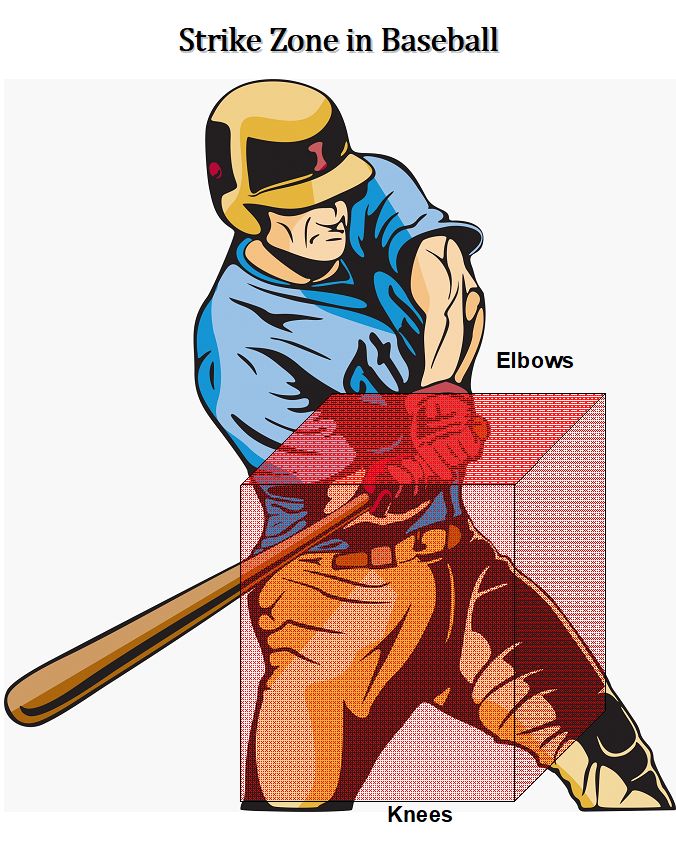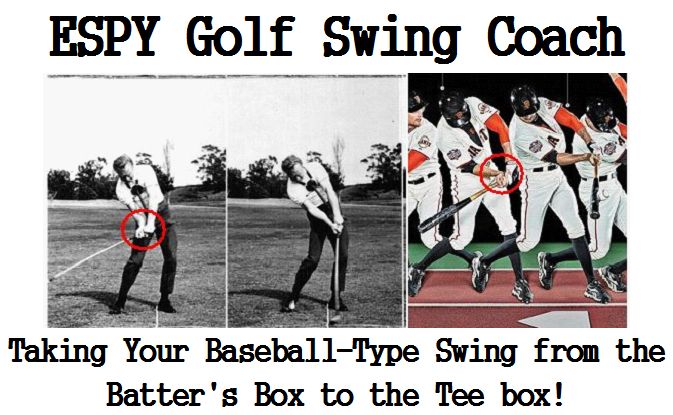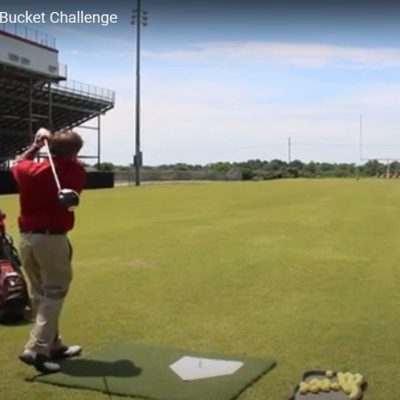Description
The QATR-409: ESPY Golf Swing for the Short Game Techniques STP

Self-Coaching Training Procedure Download for the Golfer’s Short Game covers the following topics:
1.0 The Chip, Pitch, and Bunt ESPY Golf Shots
2.0 Executing the Chip, Pitch, and Bunt ESPY Golf Shots
3.0 Par-Three Shots
4.0 Shape Shots (Fades and Draws)
5.0 The KISS Principle
6.0 The ESPY Golf Shot for Sand Bunkers
7.0 Uphill and Downhill Lies
8.0 Side Hill Lie Golf Shots
9.0 Windy Conditions
The YouTube Video below covers the basic concepts of the Short Game that can also be used from tee-to-green:
The top two topics, of executing the Chip and Pitch Bunt-Type procedures, can be combined with the mechanics and techniques in the QATR-408 CHAMPS Technique (The Wrist Action in the Golf Swing) to improve the golfer game from tee-to-green.
What is unique about both the QATR-408 and the QATR-409 are that these techniques and procedures can be practiced in the same area where the golfer works on their putting. Day or night and in the off-season, the golfer can work on their golf game, without having to take or find the time to go to the practice range. This can be done even after work and before dinner.
The golfer is taking a baseball batter’s approach to their golf game and making everything relative to the batter’s Strike Zone. In some early golf lessons, the golfer might have had a golf coach who drew a clubface out on the dominant palm of their hand.
At times, the person in the batter’s box seems more confident and relaxed than when on the tee box. Why not take what was usually learned at a young age from the batter’s box and use those same motor-skills on the tee box?
What the golfer is essentially doing is being a baseball batter and bringing the imaginary golf ball up into the Strike Zone. This is where the subconscious mind can use very well-developed motor-skills to become as relaxed and confident as the batter is in the batter’s box, in the image below:
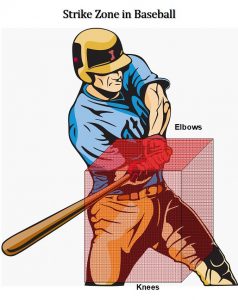
The golfer, using both the QATR-408 and the QATR-409, can learn to hit more consistent and confident golf shots, as the batter standing in the batter’s box. If the golfer can take the golf ball from the ground into the Strike Zone, then they will hit more fairways and greens, with the same confidence as the batter standing in the batter’s box. The Time-Lapse photography of the golf swing and the baseball swings proves the two swings are more similar than they are different.
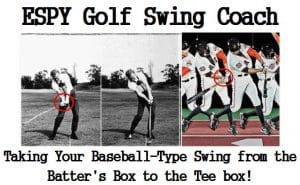
Purchase your 21 page E-Download for a fraction of the cost of golf lessons and still have retention, which is one major disadvantage of conventional golf lessons.



